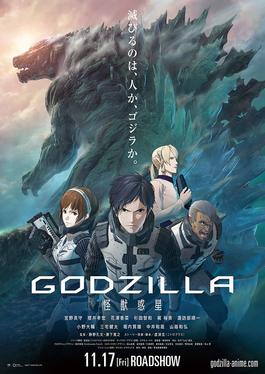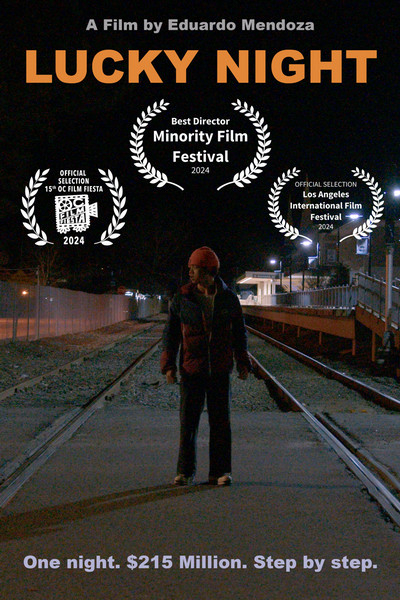Godzilla: More Than Just a Giant, Angry Lizard
By Tom Porter
Now, with the ongoing nuclear cleanup efforts in the northeast regions of Japan, protests of the restarting of shuttered reactors at power plants, and intercontinental ballistic missiles being sent over Japan by North Korea, more than ever, the Godzilla franchise has the power to lead audiences to think critically about these pressing concerns, says Visiting Assistant Professor of Asian Studies Christopher Born,
He has organized a symposium on Friday, April 13, 2018, which will examine these issues, and more, as two visiting lecturers—Shuzo Shiota and Roland Kelts—bring their expertise to the Bowdoin campus. Shiota is head of Polygon Studios in Tokyo, which created the animation for the 2017 movie Godzilla: Planet of the Monsters, the first animated film in the franchise. Kelts is an author and journalist who covers many aspects of Japanese popular culture, the author of Japanamerica: How Japanese Culture Has Invaded the US, and a 2016 Nieman Fellow at Harvard.
“Godzilla as Harrier and Harbinger: Rethinking the Post-Atomic in the Pacific Region” is open to the public and will take place from 2pm to 5pm in Sills Hall in Smith Auditorium. Born says the original Godzilla movie was made in response to a US nuclear test at Bikini Atoll in 1954, which caused widespread contamination. He was interviewed on WBOR radio by Bowdoin College writer and multimedia producer Tom Porter.
Listen to the interview (audio may take a few seconds to load)
The symposium is sponsored by a grant from the Andrew W. Mellon Foundation, Asian Studies Program, Department of Government and Legal Studies, Cinema Studies Program, and the Japan Foundation, New York.



